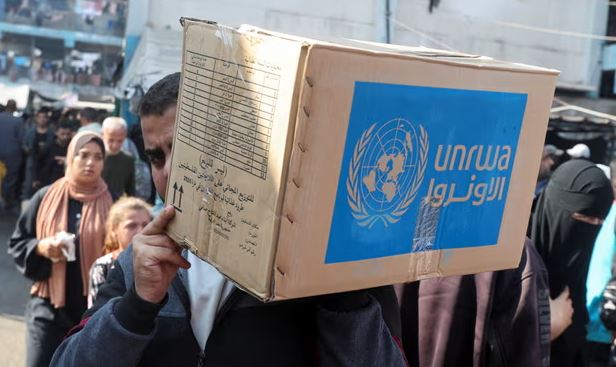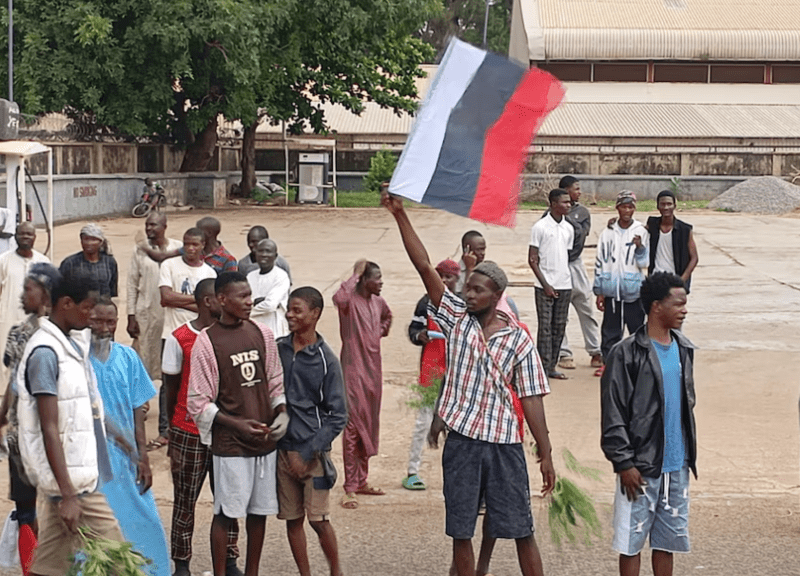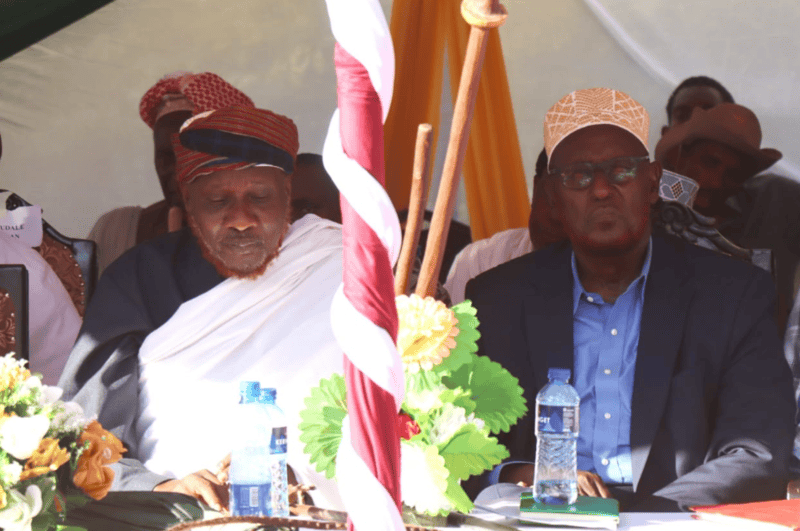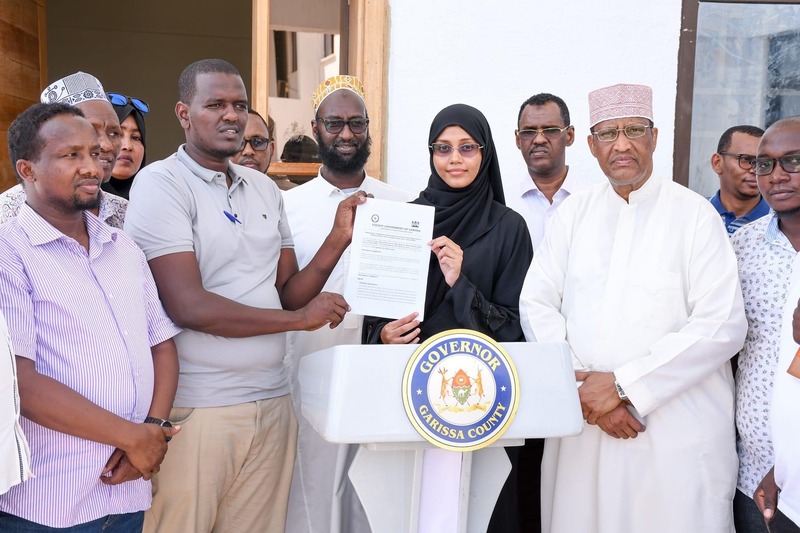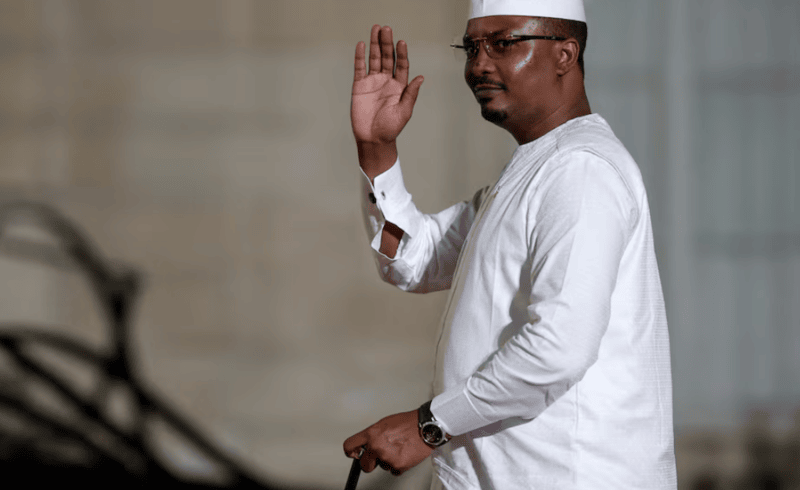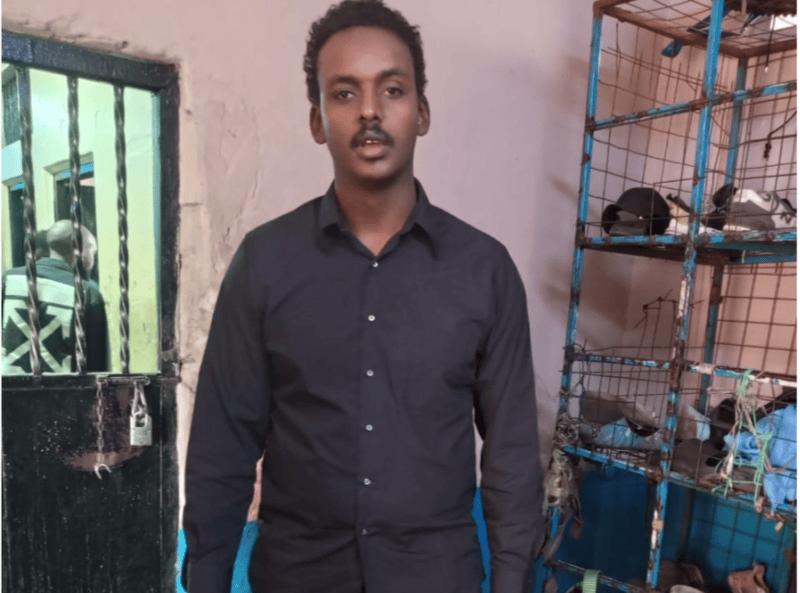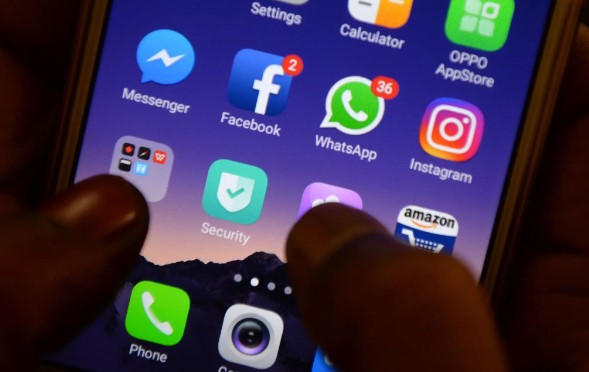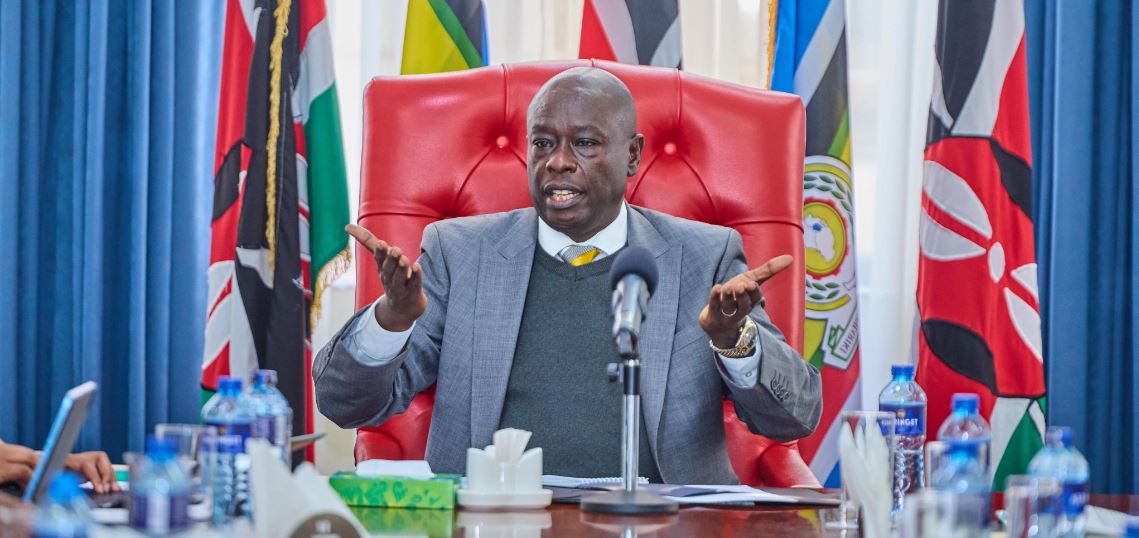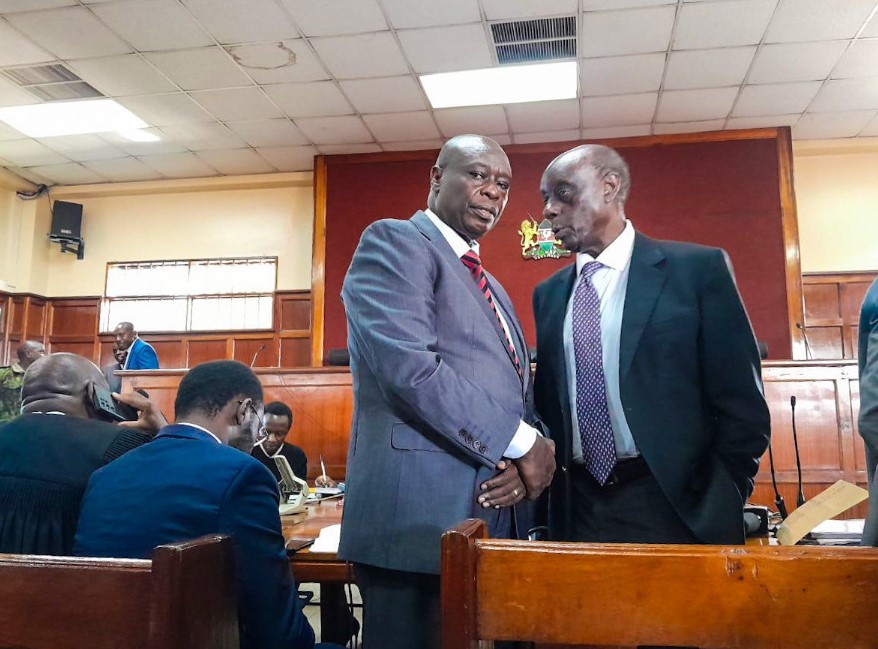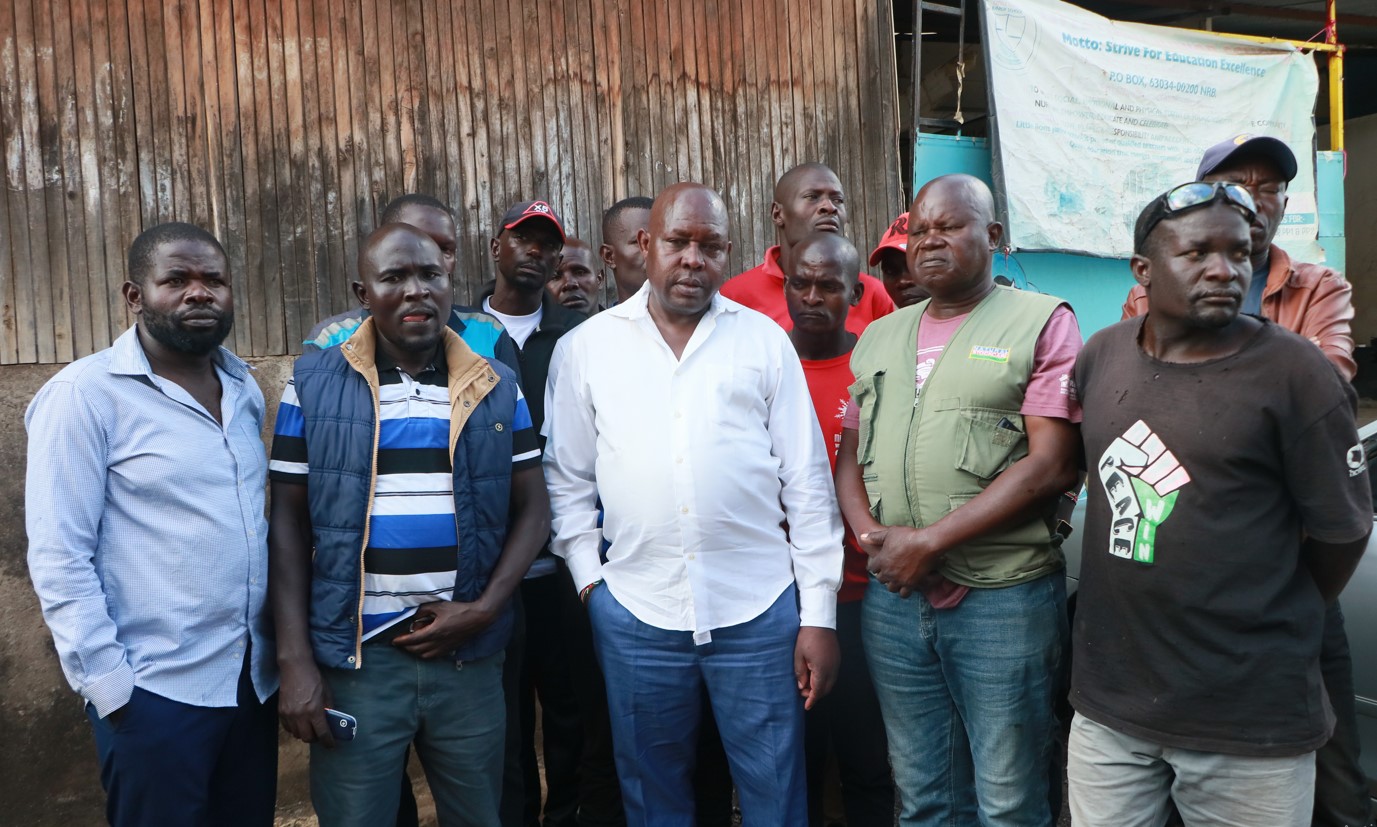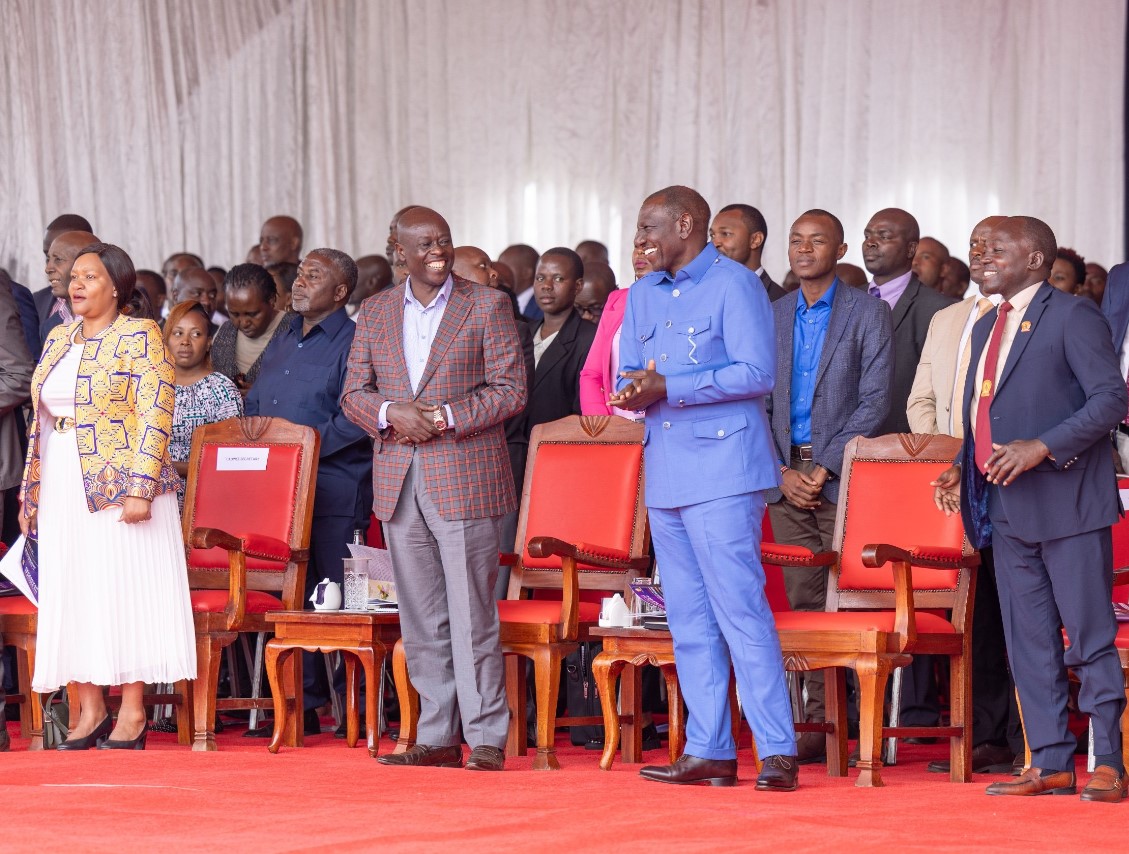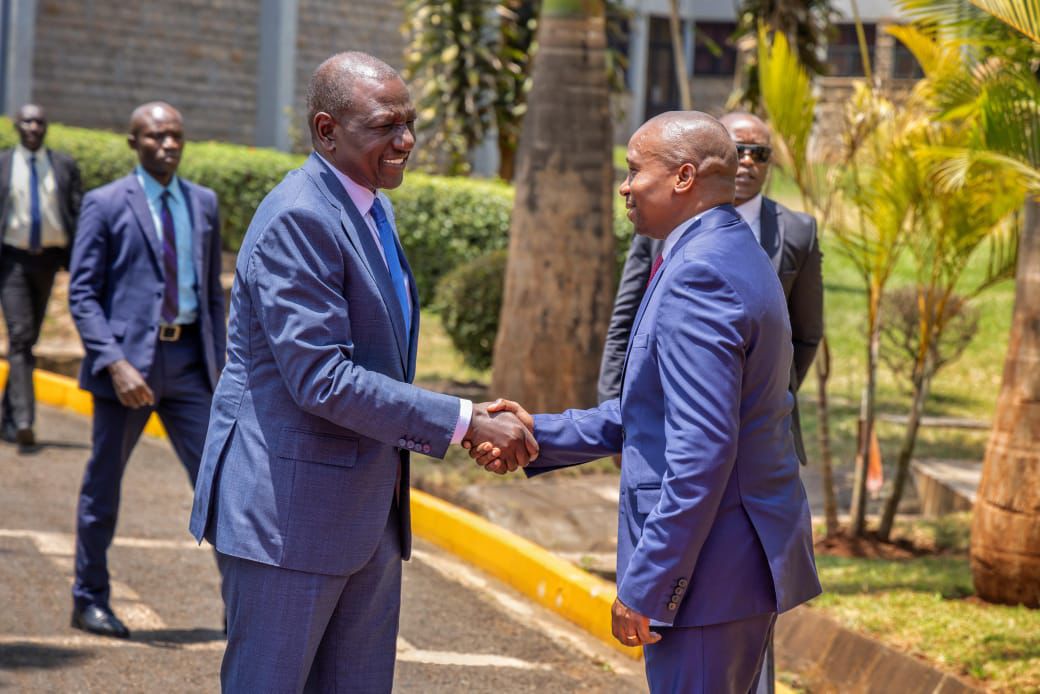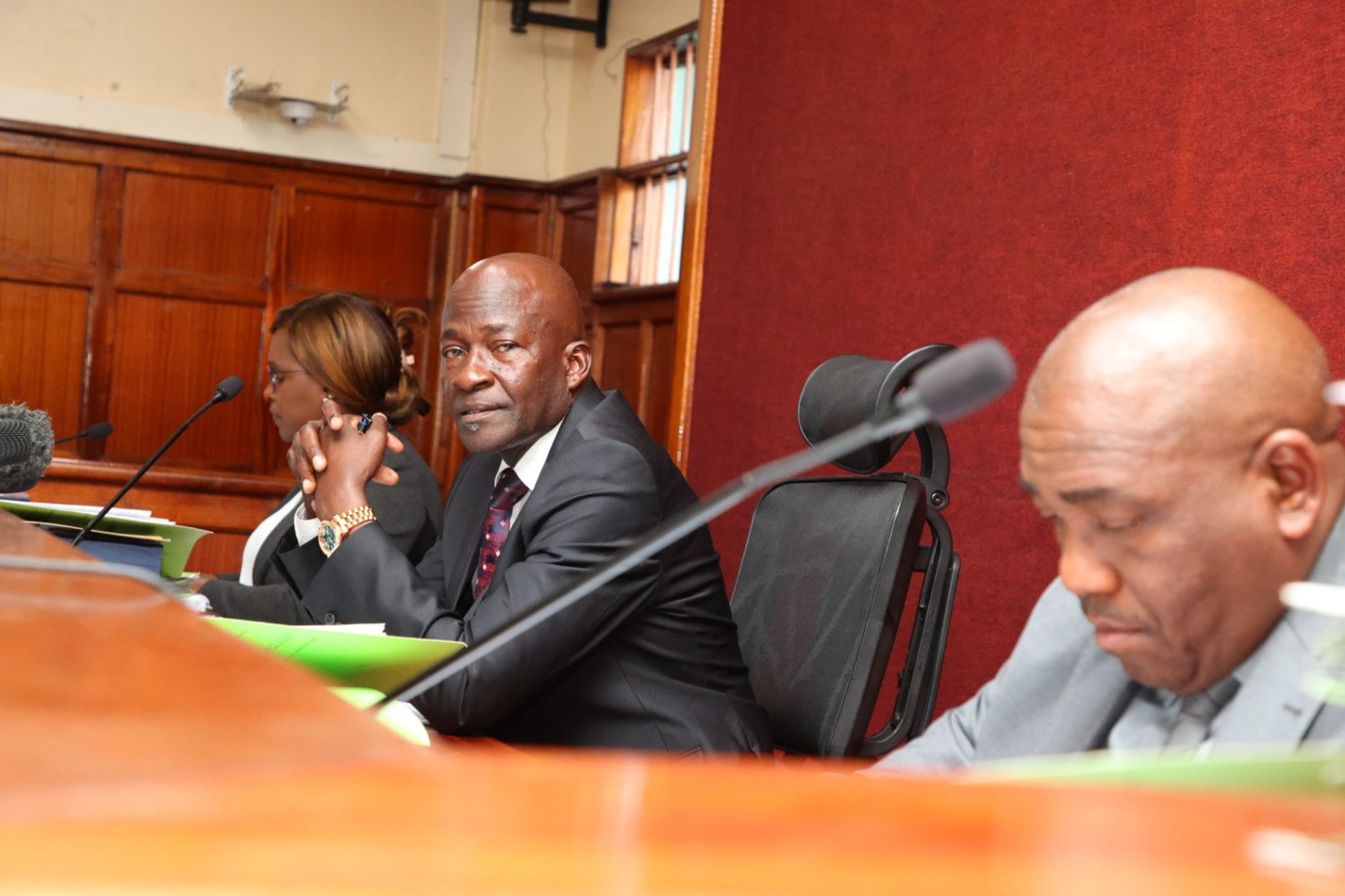Woe for DP Gachagua as third attempt to stop his impeachment fails
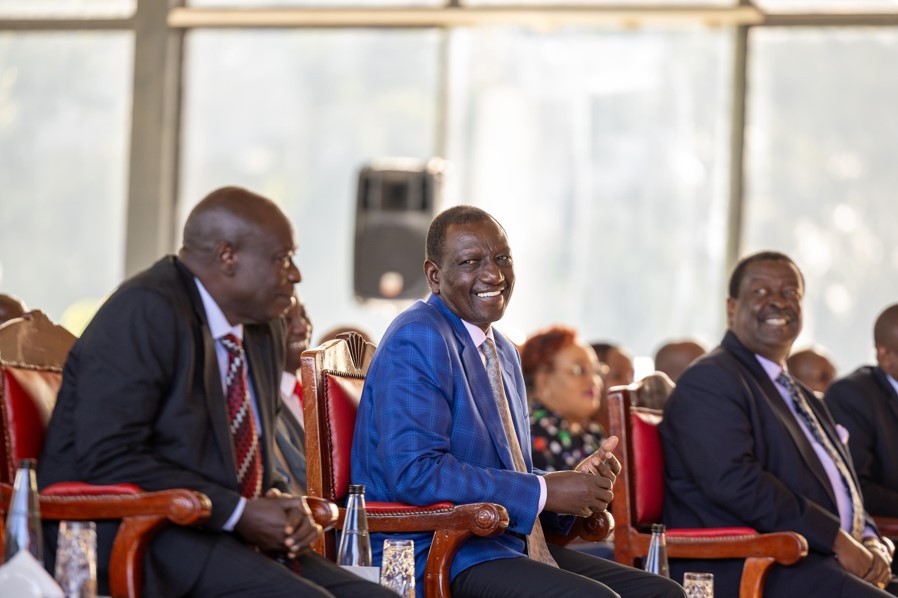
By Amina Wako |
Despite these ongoing legal battles, the political momentum to oust Gachagua appears to be growing.
Efforts to stall the impeachment process of Kenya's Deputy President, Rigathi Gachagua, have faced repeated setbacks, with courts rejecting three separate petitions aimed at blocking the proceedings.
The High Court has ordered the petitions to be heard next week, setting the stage for more intense legal battles.
Keep reading
In the latest legal challenge, a petitioner, Caroline Wambui Mwangi, sought temporary orders to halt the impeachment process, arguing that it should be stopped until her petition is fully determined.
However, High Court judge Lawrence Mugambi directed her to serve the petition to Parliament by the close of business on Monday, setting a hearing date for October 9, 2024, to offer further directions.
Meanwhile, Sheria Mtaani, a lobbyist group, and petitioner Shadrack Wambui filed a second petition. They questioned the impartiality of National Assembly Speaker Moses Wetang’ula, who they argue has already endorsed the bid to remove Gachagua from office.
Danstan Omari, the lobby's lawyer, expressed concerns about the constitutionality of the process, asserting that a "preconceived and predetermined decision" has compromised it.
Justice Chacha Mwita has also scheduled the case for October 9, directing the petitioners to serve relevant documents to Parliament and the Speaker.
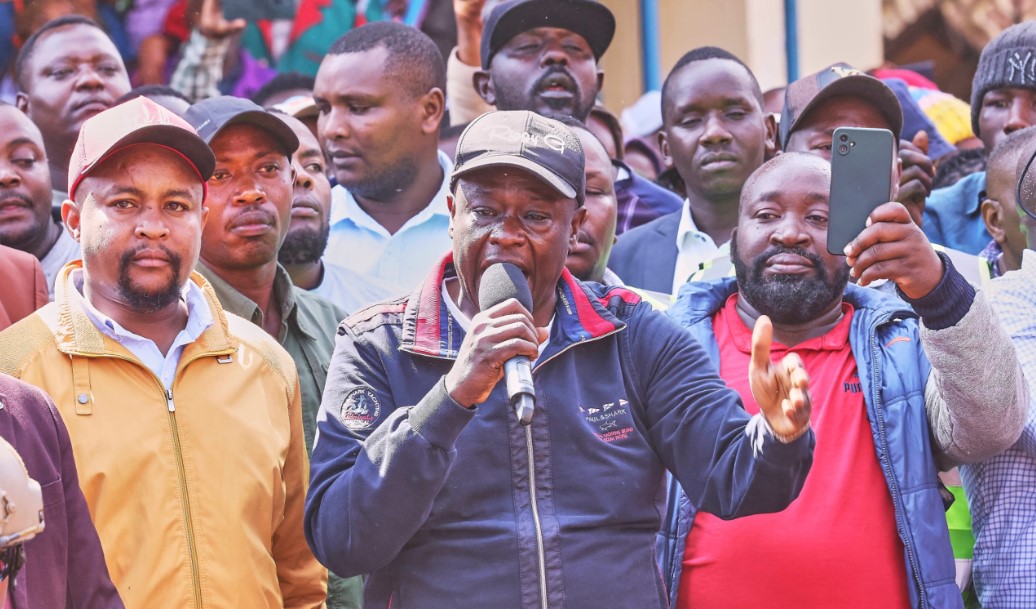 Deputy President Rigathi Gachagua addressing traders at the Wakulima Market (Marikiti) in Nairobi’s Starehe Sub-County on September 20, 2024. (Photo: Handout)
Deputy President Rigathi Gachagua addressing traders at the Wakulima Market (Marikiti) in Nairobi’s Starehe Sub-County on September 20, 2024. (Photo: Handout)
The concerns raised by these petitions centre on fairness and due process. Former United Democratic Alliance (UDA) Secretary-General, Cleophas Malala, expressed his apprehensions in yet another case, stating that if the impeachment goes ahead under the current conditions, it would irreparably damage Gachagua's political future.
Malala argued that Gachagua would be "permanently disqualified from running for public office" if the process proceeded unjustly. He further emphasised that any impeachment must be conducted by a lawfully composed Parliament, stating, "It is therefore imperative that the impeachment process is conducted with utmost legality and fairness, including being heard by a properly constituted Parliament.”
However, Justice Bahati Mwamuye, presiding over Malala's case, certified it as urgent but refused to block the process outright. Instead, the judge scheduled the next hearing for October 10, emphasising that a thorough examination of the issue is necessary before making a final ruling.
In an additional attempt to halt the impeachment, five individuals, led by Obuli Namenya, argued that the impeachment procedures outlined by the National Assembly and Senate had not adhered to the constitutionally mandated public participation requirements.
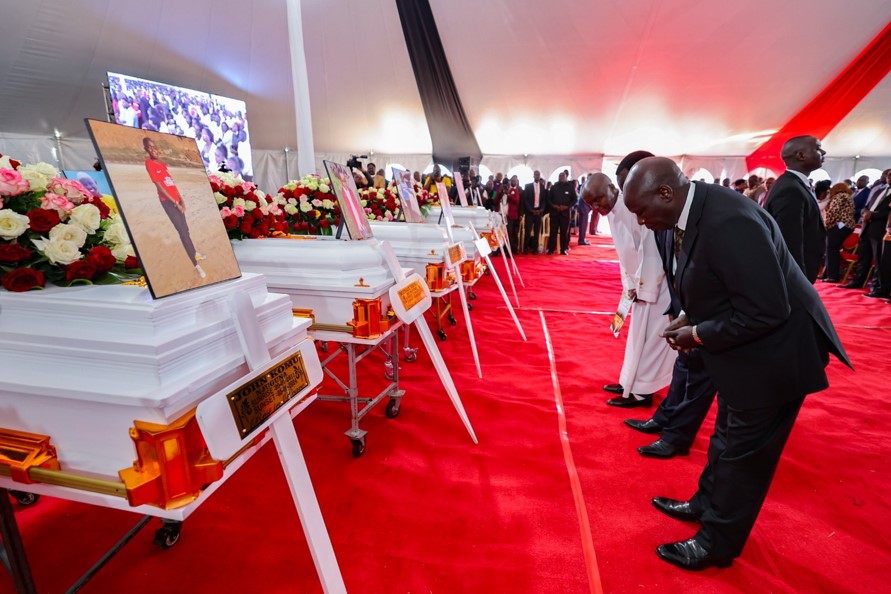 Deputy President Rigathi Gachagua pays his tribute to the 21 Hillside Endarasha victims in memorial service in Nyeri on September 26, 2024 (Photo: DPCS)
Deputy President Rigathi Gachagua pays his tribute to the 21 Hillside Endarasha victims in memorial service in Nyeri on September 26, 2024 (Photo: DPCS)
These petitions highlight the legal complexity of the process, particularly the lack of proper scrutiny of the Standing Orders pertaining to the Deputy President's impeachment.
Despite these ongoing legal battles, the political momentum to oust Gachagua appears to be growing. MPs pushing for impeachment have reportedly gathered enough signatures to table a motion in Parliament. Gachagua faces accusations of promoting ethnically divisive politics, undermining President William Ruto, and playing a role in the anti-government uprisings between June and July.
Under the Kenyan Constitution, removing a Deputy President from office requires a two-thirds majority in both the National Assembly and the Senate. Achieving this threshold will be a significant hurdle for those pushing for Gachagua's ouster.
Reader comments
Follow Us and Stay Connected!
We'd love for you to join our community and stay updated with our latest stories and updates. Follow us on our social media channels and be part of the conversation!
Let's stay connected and keep the dialogue going!

